Carol Bailey and Steve Medwell have carved out a unique niche, bringing wine to Seattle customers from a specific region located halfway across the world.
Bailey and Medwell discovered the Languedoc-Roussilon region in the South of France as they explored retirement, a region that has been home to winemakers for more than 3,000 years. After forming connections with the winemakers located over there, they returned to the United States and opened Princess and Bear Wines, a tasting room that showcases artisanal vintages from independently owned wineries in the region, offering around 150 wines made available on a monthly, rotating basis.
The owners said the artisanal vintages from small family, primarily female-owned, vineyards can’t be tasted anywhere else in the US, giving patrons the exclusive opportunity to try before they buy. The company also offers a wine club and has an online store.
In this Vintner Magazine Q&A, Bailey and Medwell explained why they opened their unique business, how they overcame challenges associated with opening it, and how they manage supply and inventory.
VINTNER: Please describe the process for determining those wines from such a specific region of France was what you wanted your tasting room and wine club to focus on. How did the idea evolve from inspiration to reality?
BAILEY AND MEDWELL: What grabbed us was the quality of the wines for the price. High quality wines at affordable prices are easy to find in Europe, but not so much in the US. Most affordable (under $30) wines in the US are bulk-produced wines of low quality. We wanted to present a portfolio of high-quality, small-batch wines from a wide variety of terroir, and the place where those wines exist in abundance is the Languedoc-Roussillon region in the South of France. Our inspiration to give US wine drinkers wines of real value came as a result of our visits to restaurants and bistros near our home in the tiny village of Quarante in the Languedoc. Our inspiration slowly turned into reality as we studied and took the steps necessary to obtain licenses to open an import company and online retail shop.
VINTNER: What were some challenges associated with opening a business that imports wines from France during the pandemic, and how did you overcome them?
B&M: We offer small production wines that have never been imported to the US before, so US wine lovers do not know about our wines. Our wines fly off the shelf when people can taste them, so our biggest challenge during the pandemic was that our tasting room was closed. We pride ourselves on offering spectacular value so the Trump Administration tax of 25% on French wine challenged us to choose our wines and pricing carefully. Last, the cost of shipping from France to the US has tripled during the pandemic, again posing a challenge to our core value of providing outstanding value wines. We overcame these unexpected costs by passing them along to our customers to the most minimal degree possible to maintain customer loyalty but also stay in business through the pandemic. Fortunately, our tasting room is open again and our sales and wine club memberships are back to a healthier level.
VINTNER: What is the approach to stocking the shelves? Is overbuying/excessive supply a worry?
B&M: Fortunately our customers are eager to try new wines, new grape varieties, new artisanal winemakers, and they love organic wines and wines made by female winemakers. We have had the good fortune to sell all the wines we have bought, so overbuying is not a concern. Our three-tiered approach of offering high quality, affordable wine clubs in most US states, selling bottles online and also having a tasting room with a local following has helped us maintain steady sales as we continue to grow.

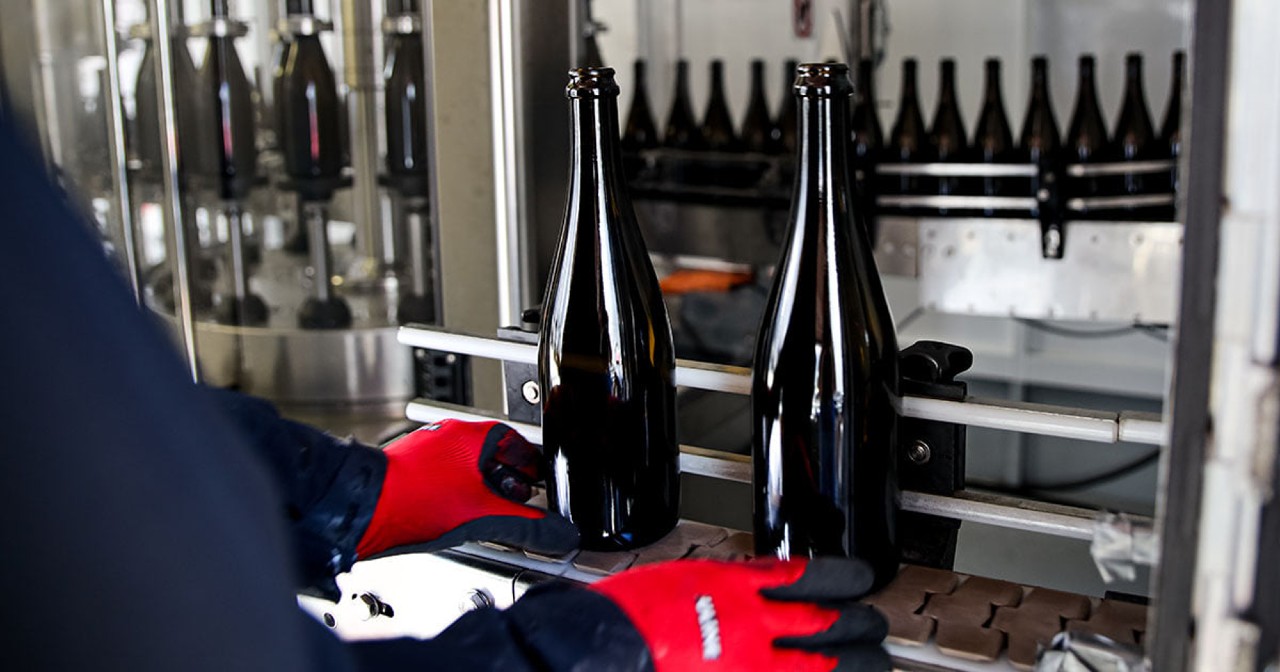
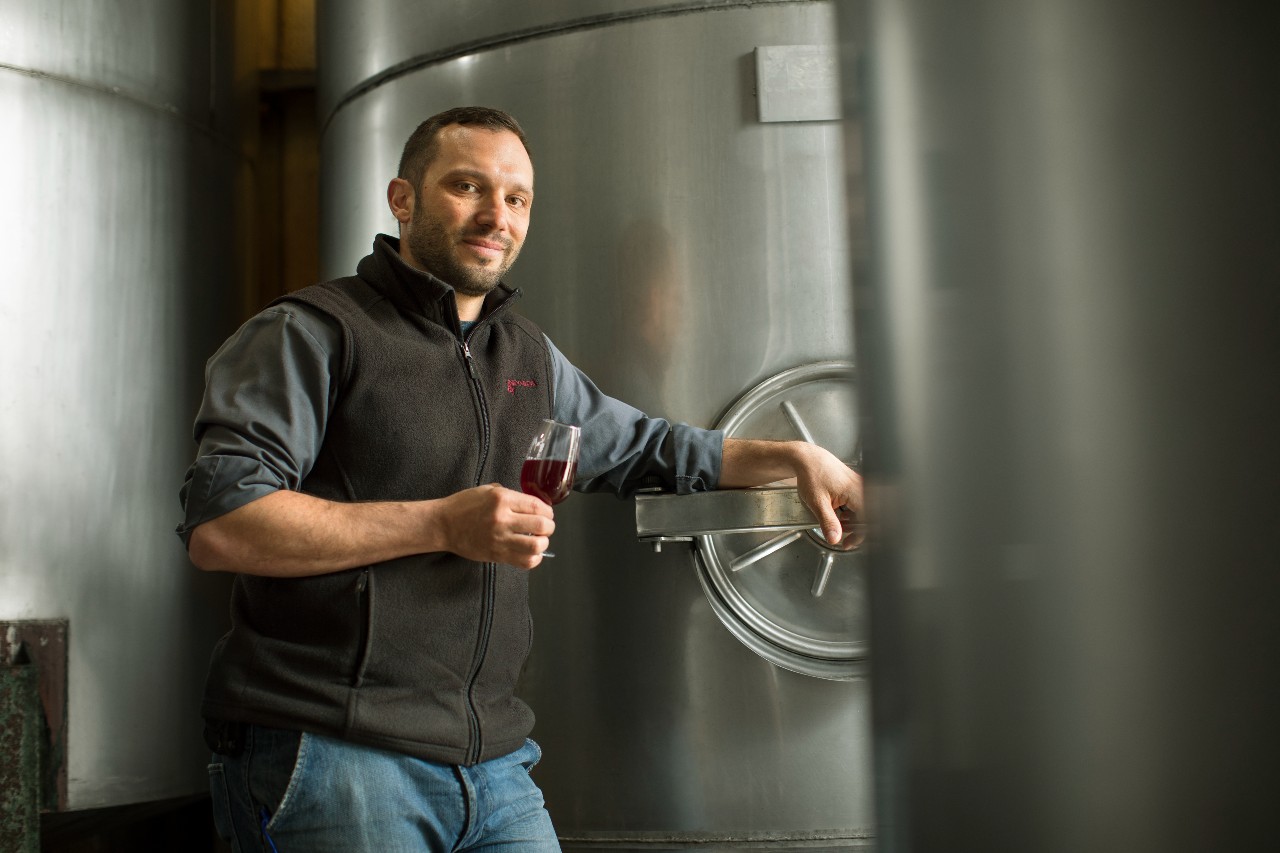
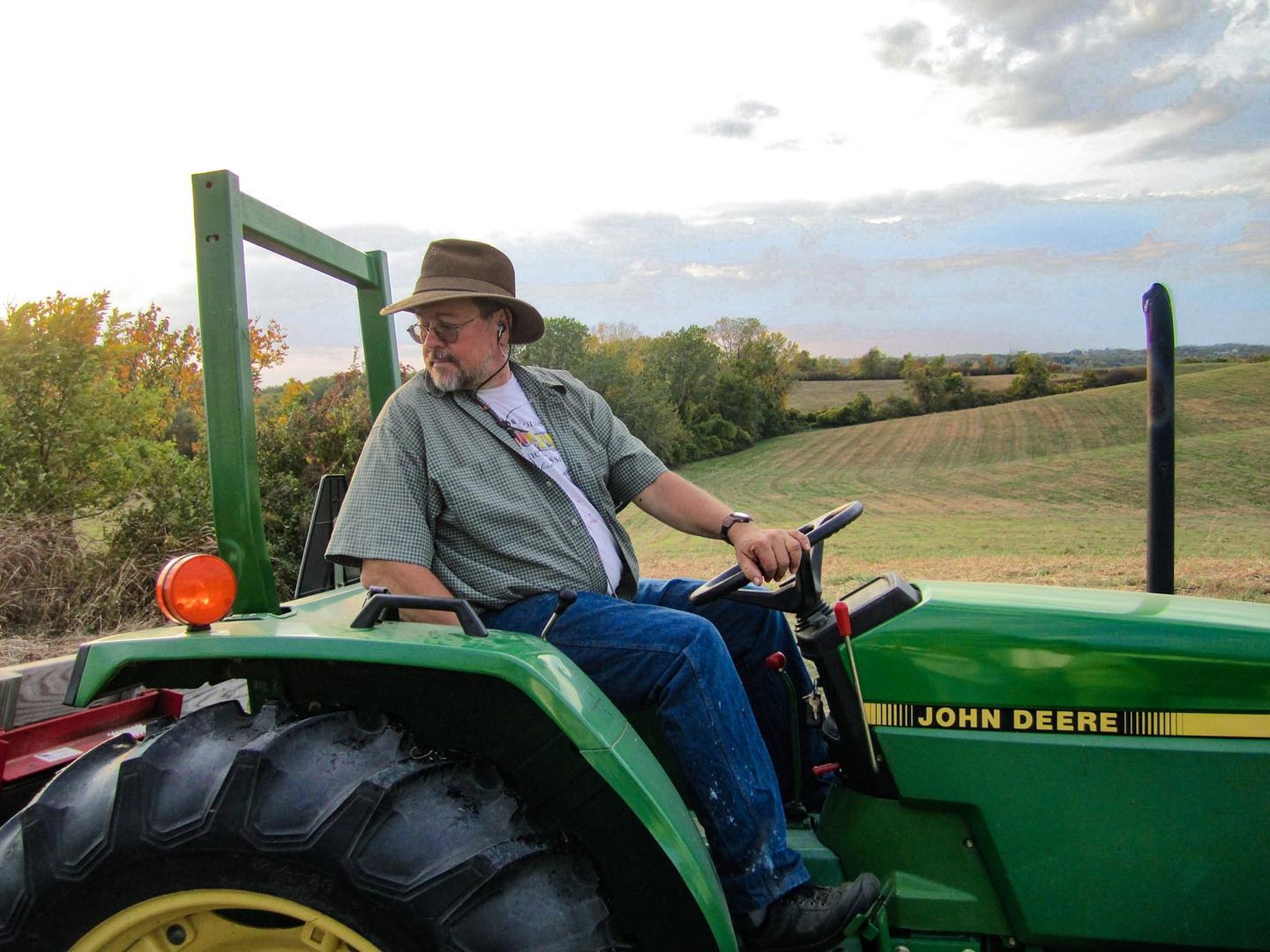
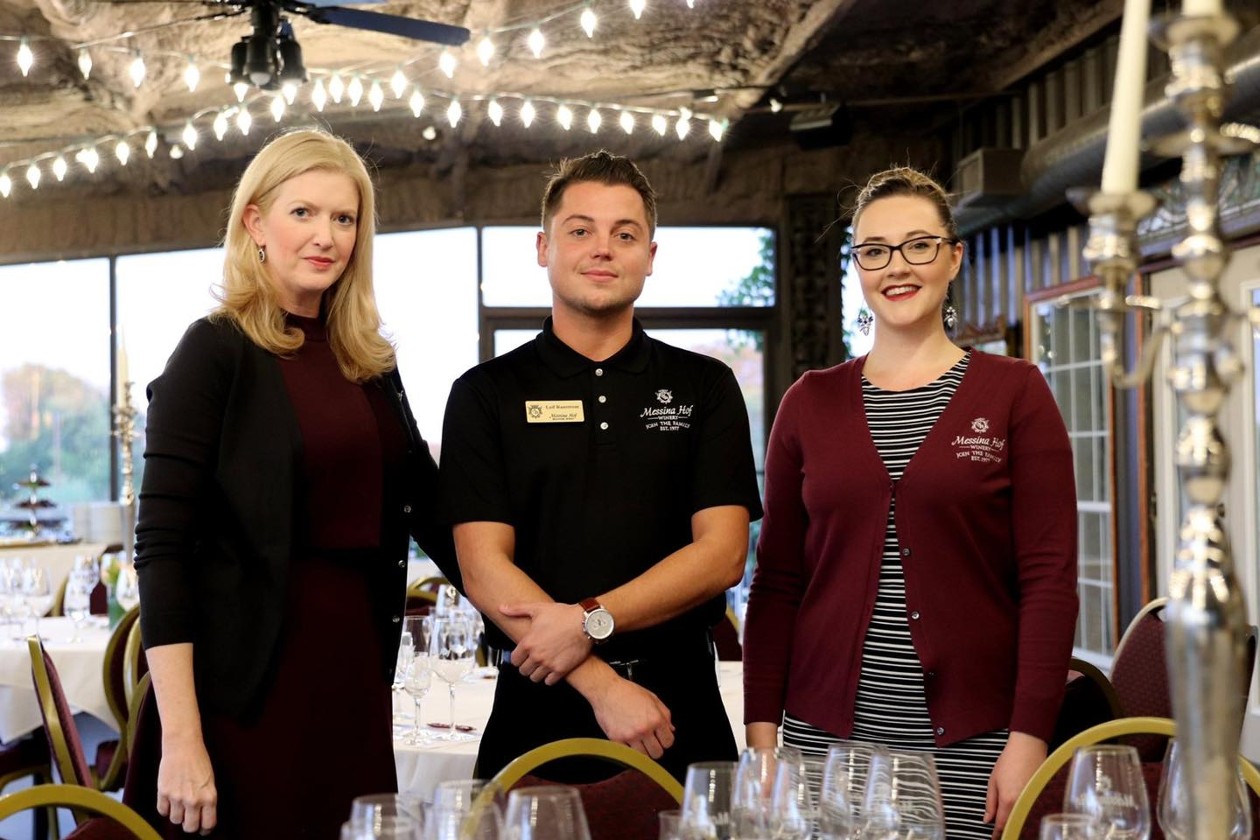
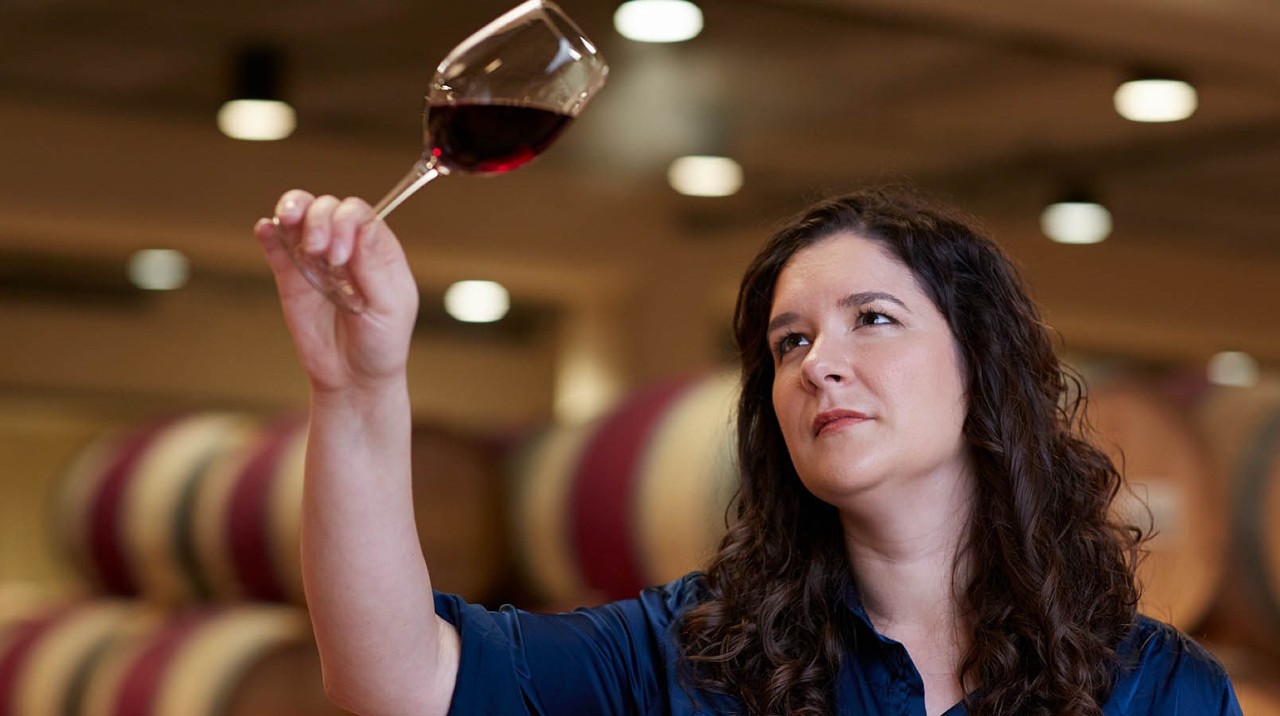


Be the first to comment